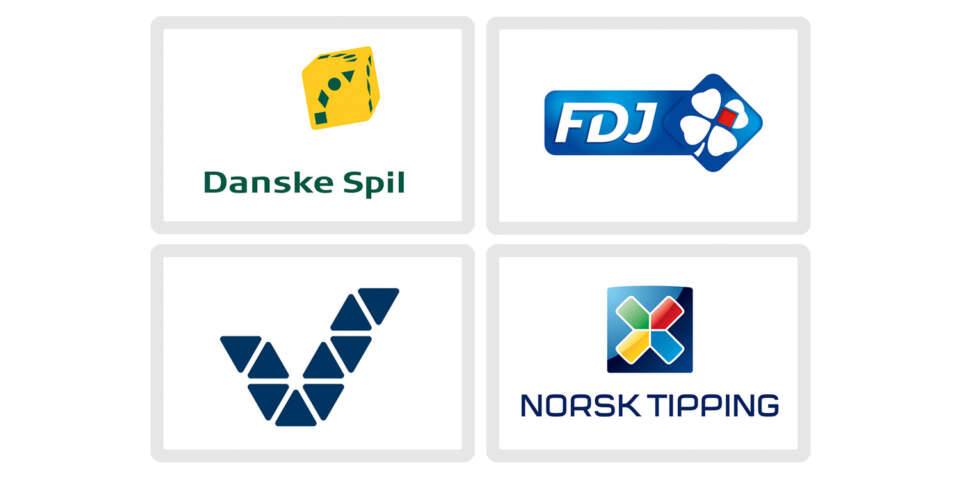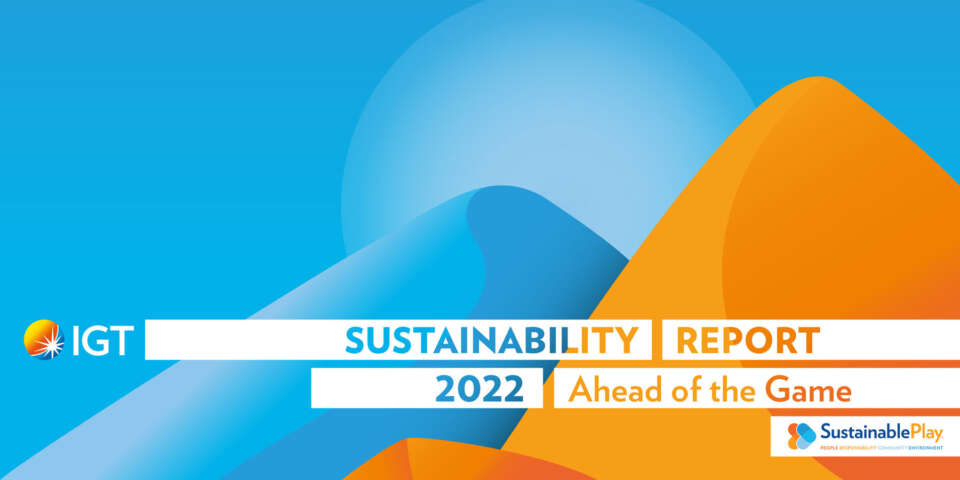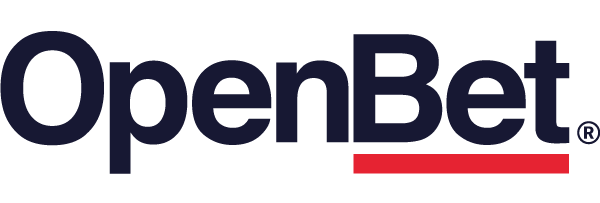The chief executive officer of Lotteries Entertainment Innovation Alliance Morten Eriksen gives us an update on the venture’s progress.
In October last year Danske Lotteri Spil, Française des Jeux, Norsk Tipping, and Veikkaus established a joint venture called Lotteries Entertainment Innovation Alliance (LEIA).
Its stated aim is to “create a joint company to share resources in order to build a wider and efficient digital gaming offer”. In an industry not renowned for its technical innovation, with many lotteries still in the early stages of digitizing their land-based retail offerings, it is a significant announcement.
However, the initial announcement was scant on detail and there has not been any news from the joint venture since it was announced. So we spoke to its chief executive officer Morten Eriksen to catch up on LEIA’s progress.
Digital foundations
The joint venture’s shareholders – Danske Lotteri Spil, Française des Jeux, Norsk Tipping, and Veikkaus – have fairly advanced digital offerings. Danske Spil, Norsk Tipping, and Veikkaus have websites featuring casino games, bingo, sports betting, and more traditional lottery products.

FDJ is more limited by French regulations but it also has a significant sports betting and lottery website. Furthermore, as part of its FDJ 2020 strategic plan, the company has invested EUR 400m (of a EUR 500m total) to accelerate the group’s digital transformation, including EUR 100m during 2018.
While the four founders are relative trailblazers in the digital lottery space, none are immune to the challenges posed by private betting operators and lottery betting operators such as Lottoland.
FDJ is reaping the results with digital player stakes increasing by 46 per cent to EUR 2.4bn during 2018, according to its annual report. Fifteen per cent of customer stakes now come through the digital channel, well on the way to reaching its target of 20 per cent by 2020.
While the four founders are relative trailblazers in the digital lottery space, none are immune to the challenges posed by private betting operators and lottery betting operators such as Lottoland.
They watch the digital lottery market growing and feel that their own digital efforts are not addressing it fully. Private operators are going through an unprecedented period of content expansion, loading hundreds of new games every month.
Furthermore, they are expanding with gamified content that far outstrips anything that is provided by the lotteries’ current providers.
One of the joint venture’s founding principles was to take the fight to unregulated operators. This will require significant investment and the founders strongly believe that by pooling resources they can foster the innovation needed to differentiate themselves from unregulated operators.
That does not mean they will abandon their own research and development projects but if the costs and risks can be shared, and the knowledge pooled then the outcome should prove that four heads are better than one.
If the reasons for LEIA’s foundation are manifold, then its main aim is reassuringly elemental.
“LEIA is a tool to help each of the four shareholder lotteries to strengthen their market position in their respective home markets,” says chief executive Eriksen.
Pooling resources
Since October, Eriksen has been busy building the infrastructure needed to get the company off the ground. It has been established as a legal entity and Norway was chosen as the legal jurisdiction where the company would be incorporated. Eriksen has recruited a small amount of devoted employees to join him in the headquarters he shares with Norsk Tipping in the Norwegian town of Hamar, about 100km North of Oslo.
“We have employed a small team covering 360 degrees of what we need to cover. We have commercial, marketing, technical people and myself,” says Eriksen.
In addition, each of the shareholders supports LEIA with part-time employees on an ad hoc basis. LEIA positions are advertised at all four companies. In future, LEIA may well recruit from the general population if it has requirements that its parent companies cannot fulfil.
FDJ has been building the technical platform that will host the four lotteries’ games. The process of integrating those games has started with the initial focus on instant games.
“That is the common denominator of the four lotteries that we start with,” says Eriksen.
By using the existing game portfolios of the four partners, each lottery will immediately gain access to a broader library of games.
“Looking further down the road we will contract external studios or content aggregators and connect them to the platform,” explains Eriksen. “One of the ambitions is to have a broad library of content that the lotteries can use.”
The big ambition
While the initial focus is instant scratchcards, Eriksen and his colleagues are building a roadmap for the development of the product. This will be the key to the project’s success. The plan is to branch out into other lottery products, which will be able to exploit the pooled liquidity that the four nations can bring to the project.
The obvious comparison is with the Euromillions draw set up by the UK, France and Spain in 2004 (and later joined by the lotteries of Austria, Belgium, Ireland, Luxembourg, Portugal, and Switzerland) and Eurojackpot, which was launched in 2012 by Croatia, Czech Republic, Denmark, Estonia, Finland, Germany, Hungary, Iceland, Italy, Latvia, Lithuania, the Netherlands, Norway, Slovakia, Slovenia, Spain, Sweden, and Poland.
Those projects were game changers for the nations involved but Eriksen says the local lottery market remains restricted due to lotteries’ monopolistic structure. Neither Euromillions nor Eurojackpot offer a pan-European online jackpot. That is the gap in the market that operators such as Lottoland have jumped into and it is the gap that LEIA hopes to fill.
In future, other lotteries might be invited to join the LEIA venture but right now Eriksen says the focus is on getting the founding shareholders live on the platform, which he expects to launch before the end of 2019.
“After that, we could take in other lotteries to the platform,” he says.
The pan-European online jackpot is the ultimate aim but Eriksen is careful to take one step at a time. This is just a start-up operation, albeit one with mighty shareholders.










